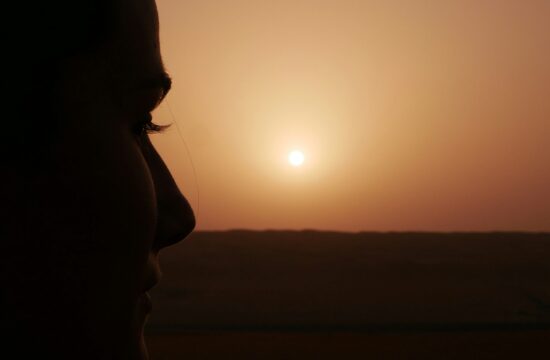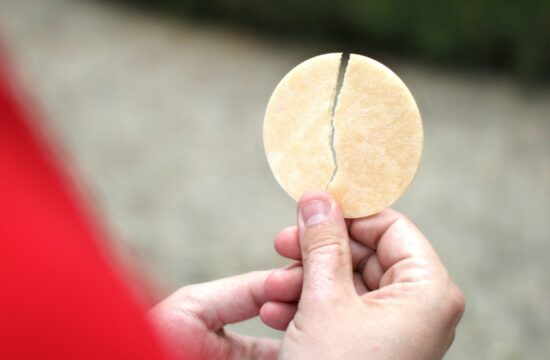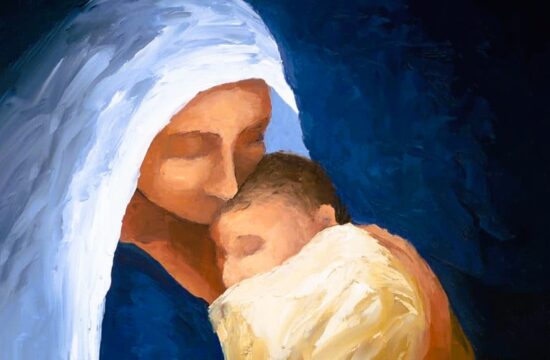Today holds special significance. The U.S. Conference of Catholic Bishops has designated January 22nd as the Day of Prayer for the Legal Protection of Unborn Children, marking the anniversary of the 1973 Roe v. Wade decision, which effectively legalized abortion until that Supreme Court Decision was thankfully overturned a few years ago. But the reality is that abortion is still very much legal and accessible, which is why this day’s remembrance remains on our calendar. That this decision came down the year I was born has always stuck with me. Making me thankful not just for the gift of life but that my Mother chose life when the culture, the law, all of a sudden unleashed this distorted understanding of “freedom.”
In today’s Gospel from Mark 3:1-6, we encounter Jesus healing a man with a withered hand on the Sabbath. The Pharisees watched Him closely, hoping to accuse Him of breaking their laws. Jesus, grieved by their hardness of heart, chose to honor the dignity of human life over rigid legalism. “Is it lawful to do good on the Sabbath rather than to do evil, to save life rather than to destroy it?” He asked them.
This Gospel speaks powerfully to our present moment. Like Jesus, we’re called to defend the sanctity of human life, even when faced with opposition. But notice how Jesus approached this challenge – not with harsh condemnation, but with a clear focus on what truly matters: the preservation and dignity of human life.
As we pray today for the legal protection of unborn children, we begin with gratitude for our own existence, acknowledging God as the Author of all life. We reflect on life’s sacredness from conception to natural death. This reflection naturally extends beyond the womb – to death row inmates, to refugees, to those society often pushes to the margins. The Church’s wisdom teaches us that our ability to defend any human life begins with protecting its most vulnerable form. This means that if we fail to see the intrinsic value in the innocent body and soul in the womb who’s done nothing but exist, how could we mount a defense that the convicted murderer should not be put to death?
This pro-life vision is the foundation for the Church’s entire worldview. It influences how we care for our common home, how we treat God’s creation, and how we approach every human encounter. It calls us to a posture of humility and gratitude.
Like Jesus in today’s Gospel, we’re called to defend life, even when it’s difficult or unpopular. We do so not through political rhetoric or personal attacks but through prayer, fasting, and steadfast witness to the truth of human dignity.
Let us pray together today that our laws might better reflect the sacred value of every human life, and that our own hearts, unlike those of the Pharisees, might be softened to recognize and protect the dignity of all God’s children.











